
August 14, 2025
According to the Helsinki Times, Finland’s UPM, Neste, and St1 are jointly advancing plans to produce sustainable aviation fuel (SAF) from wood residues. UPM’s plant…
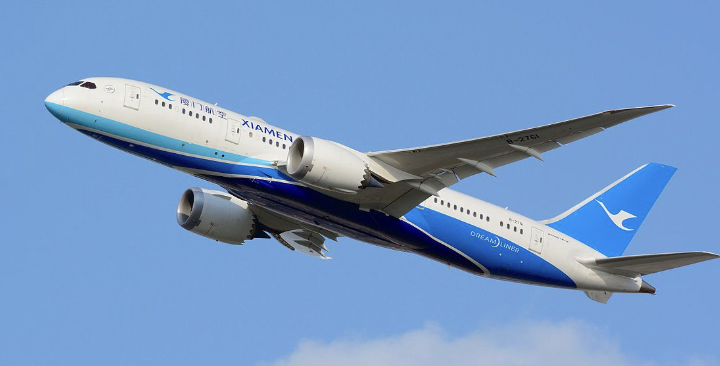
August 6, 2025
On August 1, renewable fuel producer EcoCeres Inc. announced a partnership with Xiamen Airlines to jointly promote the localized collection and production of Sustainable…

August 5, 2025
According to the Bangkok Post, Thailand’s Department of Energy Business recently announced that the country plans to officially release its first national standard for…

August 2, 2025
XCF Global has unveiled a strategic plan to invest nearly $1 billion (€860 million) over the next three years to build a network of…
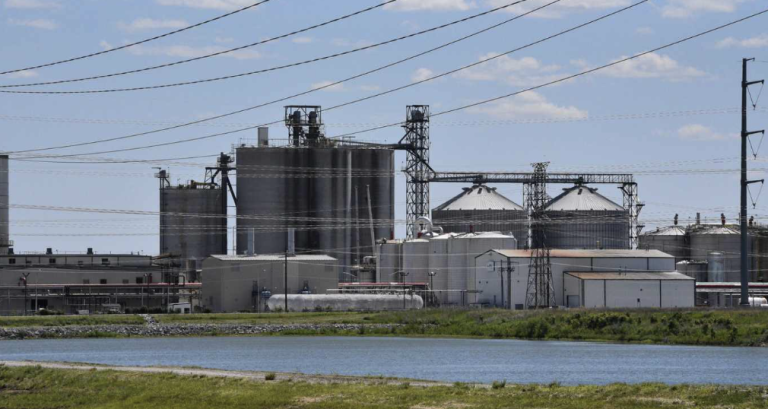
July 31, 2025
On July 28, the European Commission approved a €36 million ($41.07 million) Danish state aid scheme aimed at promoting the use of sustainable aviation…
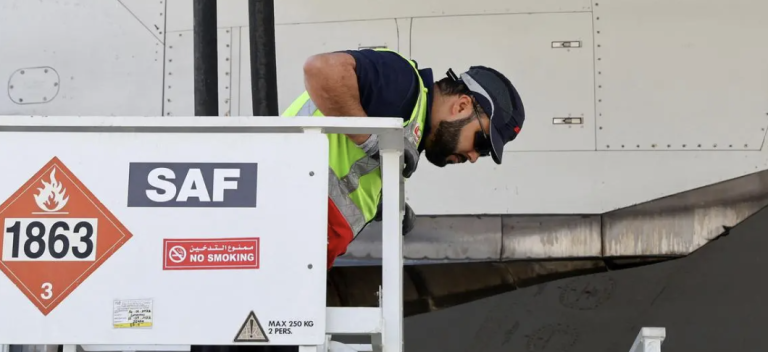
July 30, 2025
According to Reuters, Indian Oil Corp (IOC), the country’s largest refiner, plans to upgrade a diesel desulfurization unit at its Panipat refinery — which…
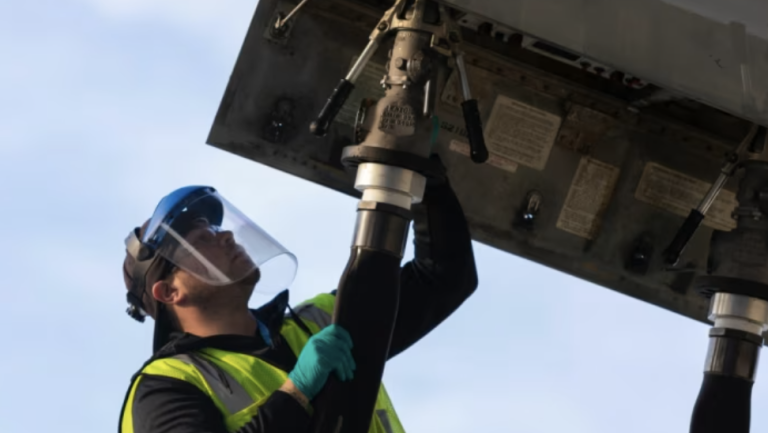
July 29, 2025
HAMR Energy announced on July 28 that it plans to develop Australia’s first large-scale methanol-to-sustainable aviation fuel (SAF) production facility following the successful completion…

July 29, 2025
According to Reuters in Singapore, the International Air Transport Association (IATA) has intensified its criticism of the European Union’s (EU) mandatory sustainable aviation fuel…
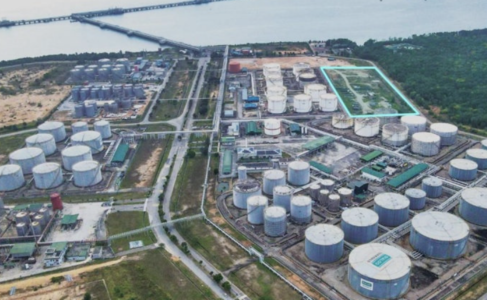
July 29, 2025
EcoCeres Inc., based in Hong Kong, has recently issued a position paper highlighting the importance of fairness, effectiveness, and anti-fraud measures in the EU’s…
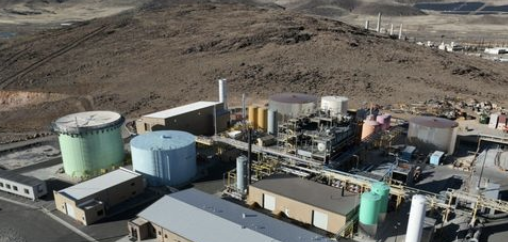
July 10, 2025
On July 10, XCF Global Inc. announced a major strategic plan to invest nearly $1 billion over the next three years to develop multiple…










